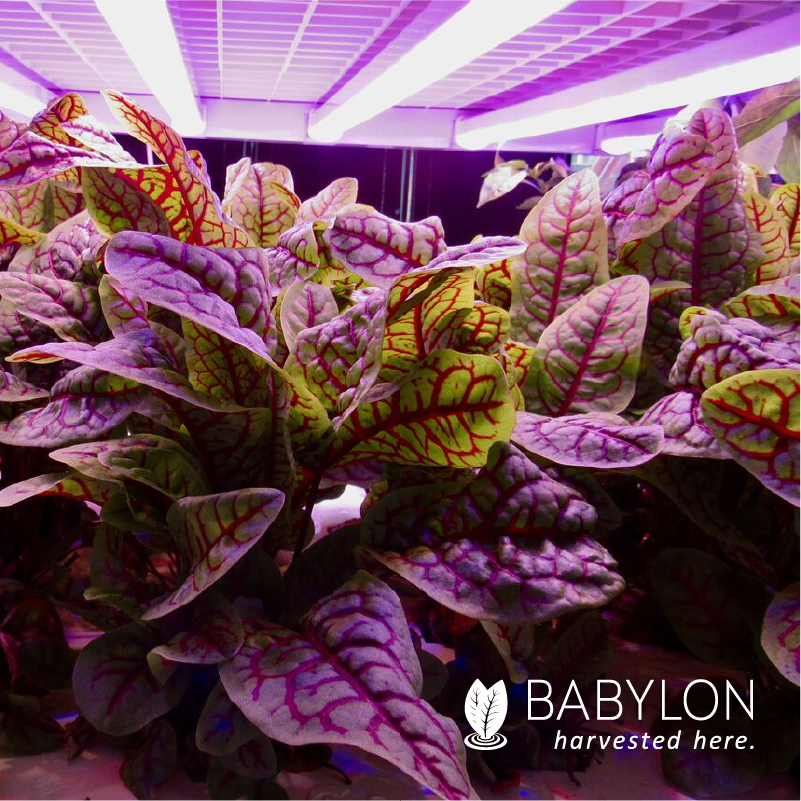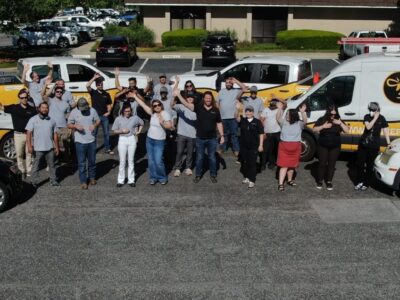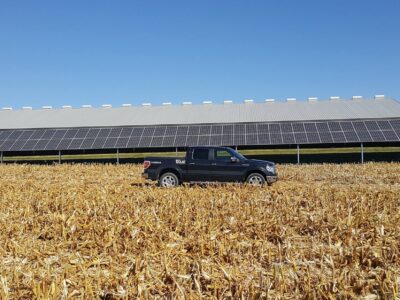Alexander Olesen and Graham Smith were two students at the University of Virginia who developed a hydroponics system for a school program centered around helping food-insecure refugees in the Middle East. After seeing the potential scale of their micro-farming project, the two created Babylon Micro-Farms™ while still attending school in 2017.
Today, the two co-founders are on Forbes’ 30 under 30 list for Social Impact and winners of the 2022 Richmond Technology Council’s small business award. But, before all the awards and million-dollar fundraising rounds, it started with the idea to make hydroponics available to everyone.
“Our mission is to make sustainable hydroponic farming accessible to anyone,” Chris Hollomon, the marketing and PR manager at Babylon Micro-Farms™, told Consensus in an email.
“We’re focused on increasing access to healthy, nutritious food without the harmful effects of industrial agriculture (pesticides, fertilizer runoff, etc.) and the wasteful supply chain (over 50% of fresh produce doesn’t make it to the plate).”
Hydroponics is a type of agriculture that doesn’t require soil and typically uses less water than conventional methods. The company’s unique approach involves combining the eco-friendly benefits of this type of growing with micro-farming, small-scale operations with high yields that don’t require a lot of space.
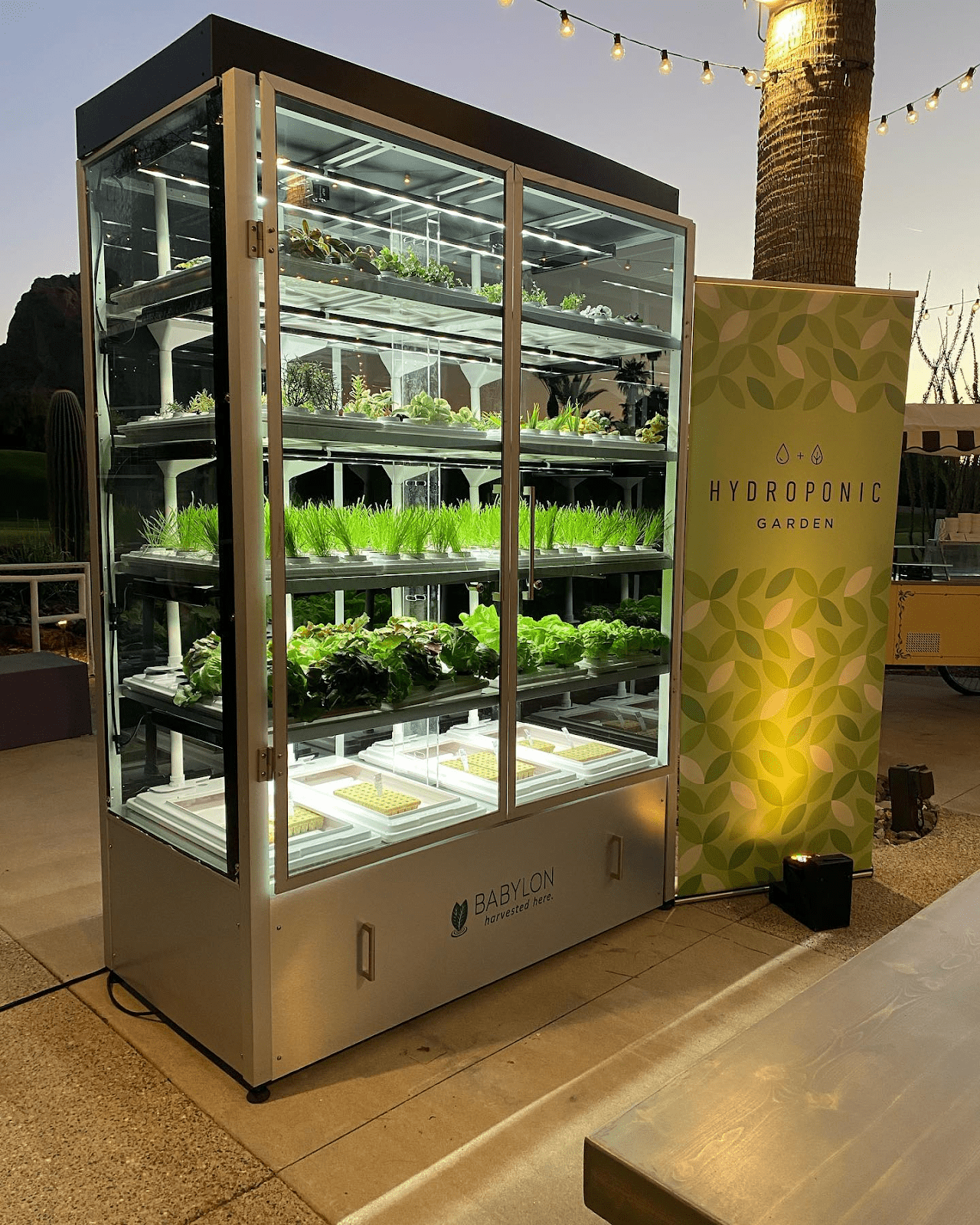
“By encouraging people to grow their own food, we’re fostering a connection with nature and encouraging healthier lifestyles,” Holloman said.
Setting Up A Micro-Farm™
If you’re looking to start or run a hydroponics operation, Babylon Micro-Farms™ provides everything you need. First, the company builds the setup — about the size of two adjacent vending machines — on your property. Once construction is finished, it offers a monthly subscription box with different seed combinations of your choice, called a Babylon Box™.
The next part is where things get really interesting. Users download GuidedGrowing™, an application that lets them see how their plants are growing in real time. It also provides access to human support for farming-related questions and offers tips and tutorials on how to harvest and grow your plants.
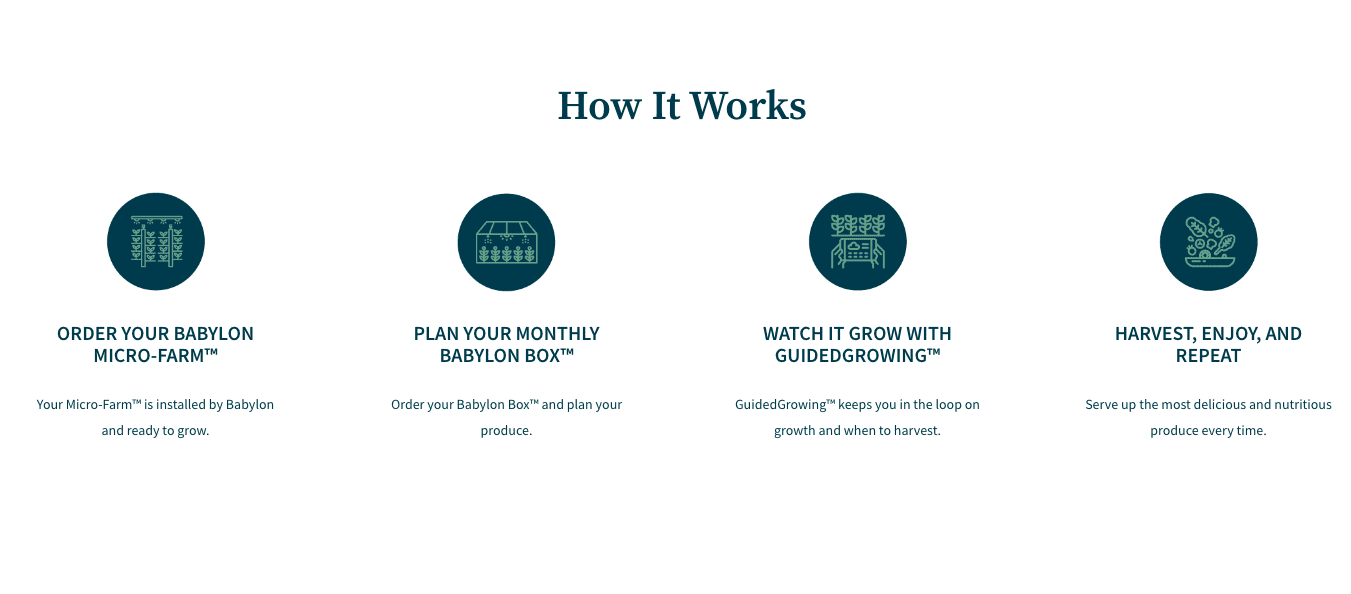
The data is updated in real time, allowing users to check in on their farms at all hours of the day. Even if a user has no prior knowledge of hydroponics or plant care, the app and installation process provide them with the necessary tools and information to succeed.
“Our software-first approach is our unique differentiator. By remotely managing our Micro-Farms™, we can network them together to continually improve our growing method,” Hollomon said. “This can lead to automatically increasing yields, reducing labor time, and even learning how to grow new heirloom crop varieties.”
Who’s Using Them?
Since the idea for the firm started at a university, it’s only fitting that the business has been steadily expanding on college campuses nationwide.
The company returned to its Charlottesville, VA, roots by installing a setup at UVA’s O’Hill Dining Hall, providing students with fresh, organic greens. Not stopping there, others were added to four dining halls at Pittsburgh University and partnered with Amarak to install farms at Virginia Commonwealth University, University of South Carolina, Lander University, and West Carolina University.
University dining halls are just one place the indoor farms are located. The residents of the Commonwealth Senior Living facility in Gloucester, VA, are enjoying fresh greens thanks to Babylon Micro-Farms™. For chefs at dining halls and senior living facilities who are often required to do more with less, adding a new, sustainable, cheap source of fresh food makes a massive difference, especially considering healthy, fresh greens are usually quite expensive.
“There are many dimensions to food insecurity around the world and the environmental damage caused by commercial agriculture. These two issues are interrelated,” Hollomon said. “Our belief is that localized food production will provide higher quality food to consumers while reducing waste and creating sustainable jobs in agriculture.
“Ensuring that there are strong local supply chains that can support communities around the world is one of the most viable paths to addressing food insecurity,” Hollomon continued. “Vertical farming is one of many solutions that can contribute to creating these local, sustainable sources of food.”
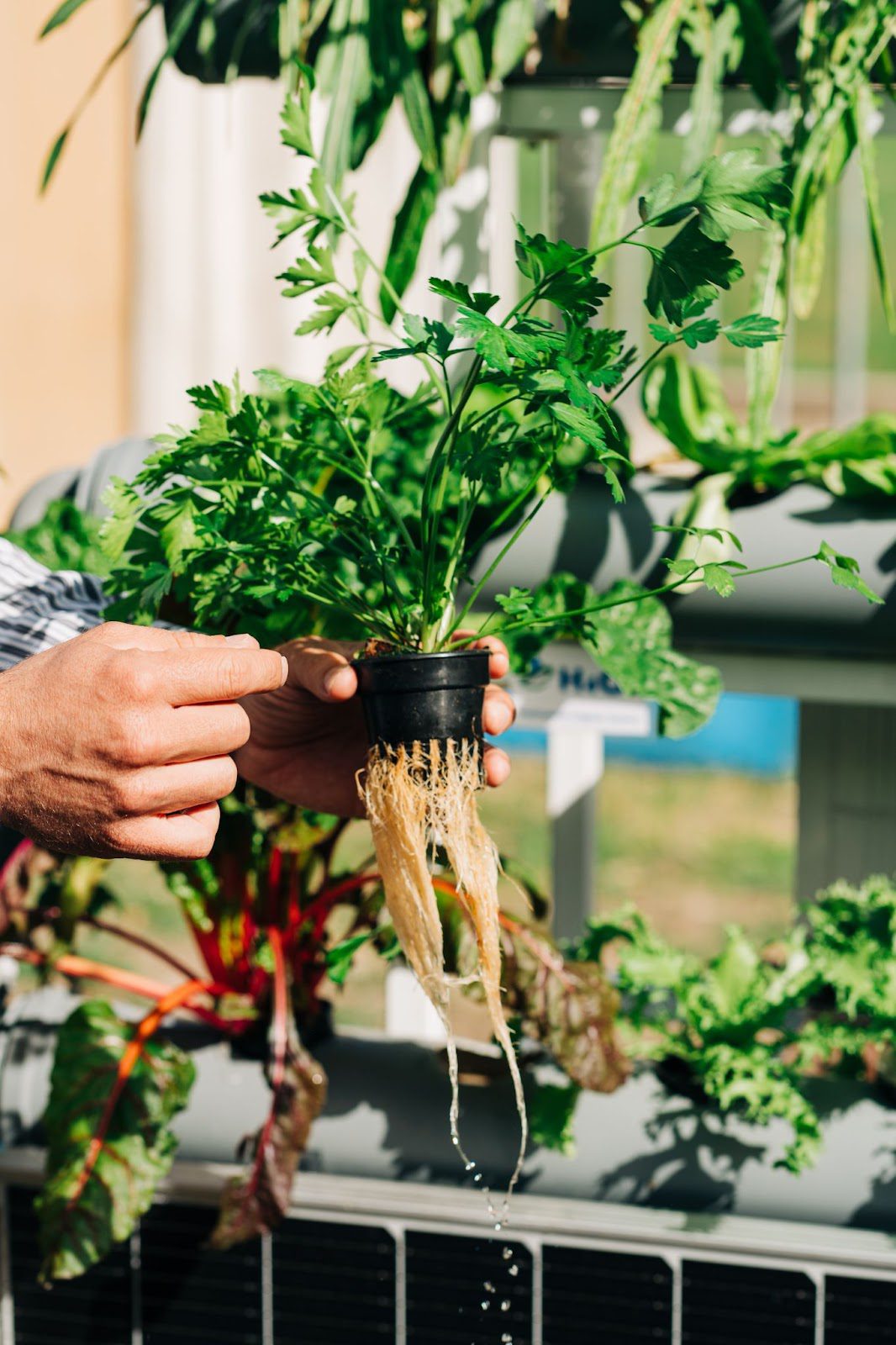
As the company expands into new schools, hospitals, living facilities, backyards, and basements, and as the founders receive new awards and more recognition, it’s easy to forget the idea all started with two college students working on a school project. If an idea for a better world germinates, it’s best to let it grow.

